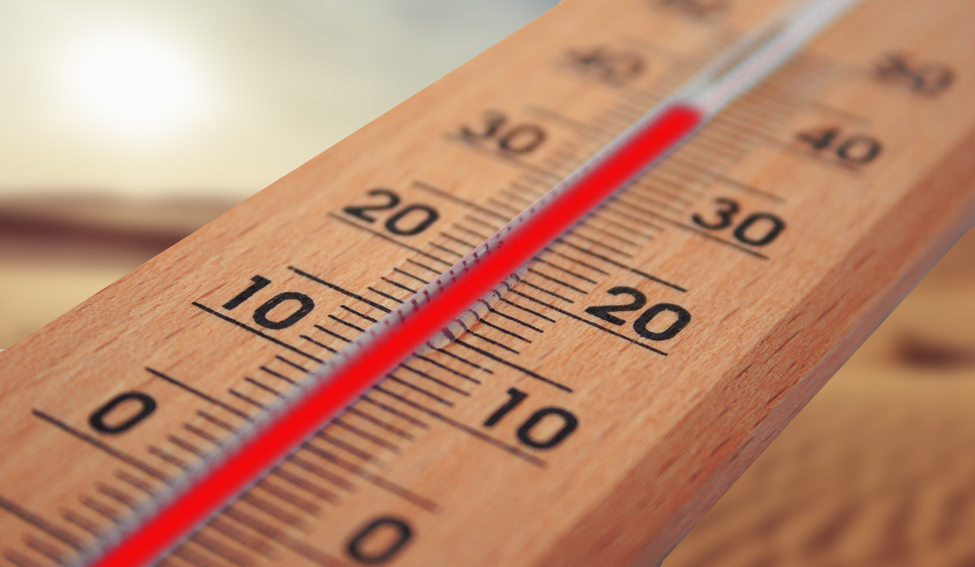We obviously need to take action to lessen our influence on the environment and develop ways to use energy more effectively as our climate continues to change. The HVAC industry has recognized this need and is actively working to make everyone’s future more sustainable by concentrating on air conditioning and climate change. The HVAC sector is assisting in the development of greener practices and new technologies, raising efficiency standards, enhancing refrigerants, fostering the development of renewable energy sources, and generating renewable energy sources. Let your device be ready for the summer weather and make sure you service your air conditioning with a reputable company to prevent overheating.
We will look at how these initiatives are preserving our comfort while promoting the health of our world in this post.
1. Increasing Efficiency Standards
The HVAC industry has been actively working to make air conditioners more efficient and less damaging to the environment. One way they are doing this is by increasing the efficiency standards for air conditioning systems.
By requiring all new models of air conditioners to meet higher standards of energy performance, manufacturers are able to create systems that use less energy while still providing effective cooling power.
A regular AC tune-up for older models will ensure that they’re keeping up with these newer counterparts.
Additionally, many of these higher-efficiency models come with Energy Star ratings, meaning they have exceeded government requirements for energy efficiency and are recommended by the U.S. Environmental Protection Agency (EPA).
The EPA also provides incentives in certain areas for purchasing higher-efficiency air conditioners, making them even more affordable for homeowners than ever before!
2. Improving Refrigerants
The HVAC industry is committed to making air conditioners more sustainable, which means improving the refrigerants they use.
Refrigerants are chemicals that help to cool air, but if they escape into the atmosphere they can be very damaging to our environment. To make sure air conditioners are running efficiently and with minimal environmental impact, researchers are working hard to come up with new and improved refrigerant technologies.
These newer models of refrigerant boast higher energy efficiency ratings as well as a lower global warming potential – meaning less damage to our planet if ever released. Some even have zero ozone depletion potential; an important safeguard for our ozone layer! Ultimately, these advances in refrigerant technology will ensure that air conditioners are more energy efficient and have a much smaller environmental footprint.
3. Harnessing Renewable Energy Sources
The HVAC industry is actively pursuing solutions to use renewable energy sources for powering air conditioning systems. By incorporating solar, wind or geothermal energy instead of electricity from a power grid, air conditioning systems can operate in a more sustainable manner and reduce the carbon footprint of their use.
What’s more, this shift helps ensure that we are taking steps towards creating a greener future.
The industry is also encouraging homeowners and businesses to practice better habits when it comes to running their air conditioners. These include setting thermostats at higher temperatures in summer and lower temperatures in winter; closing blinds or shades during hot days to keep out any extra heat; and replacing filters regularly in order to maintain peak performance.
By doing these things, air conditioners will run more efficiently and require less energy to do their job—which, in turn, helps cut down on the amount of carbon emissions produced.
4. Practicing Sustainability
In addition to developing new technologies, the HVAC industry has also encouraged people to practice sustainable behaviors when using their air conditioning systems. This includes simple steps such as setting thermostats at higher temperatures in the summer and lower temperatures in the winter, closing blinds or shades during hot days to keep out extra heat, and replacing filters regularly.
These small changes can make a big difference when it comes to reducing energy usage from air conditioners, resulting in an improved environmental impact overall. Moreover, these eco-friendly practices are relatively inexpensive and easy for most people to incorporate into their lives.
5. Smart Technology
The HVAC industry is also taking advantage of the latest smart technology to make air conditioners even more efficient. These systems allow users to control their settings remotely using smartphones, tablets, or voice assistants. This enables them to set schedules for when their air conditioners are running, adjust temperatures based on occupancy, and monitor energy usage in real time.
With smart thermostats and other advanced technologies, it’s easier than ever for people to reduce their energy consumption without sacrificing comfort. Smart technology can also be used to detect problems before they lead to costly repairs or energy losses, allowing homeowners to stay ahead of maintenance issues while reducing their environmental footprint at the same time!
In Conclusion
The HVAC industry is actively working to reduce energy usage and create a more sustainable future for us all. By focusing on air conditioning systems and their impact on climate change, they are developing new technologies that will help make these systems more efficient and less damaging to the environment. These efforts include increasing efficiency standards, improving refrigerants, developing renewable energy sources, and encouraging sustainable practices.
Together, these advances will go a long way towards creating a greener future for everyone! With continued investment in this area of technology, we may soon see even greater improvements which promote sustainability and help protect our planet’s future.
